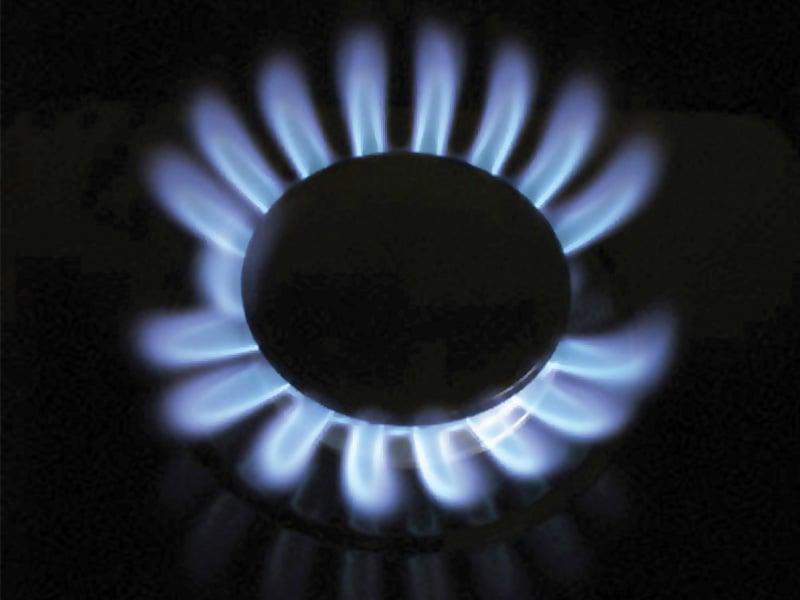Islamabad:
The Petroleum and Gas Regulatory Authority (OGRA) has approved an increase in gas prices for consumers of Sui Northern Gas Pipeline Limited (SNGPL) and Sui Southern Gas Company Limited (SSGCL) for fiscal year 2025–26.
The regulator has forwarded its decision to the Federal Government for the formal notification of category consumption gas prices. According to the law, the federal government is obliged to issue the notification within 40 days of Ogra’s decision.
In a statement, Ogra said that according to section 8 (1) of the OGRA ordinance, 2002, he had determined the estimated income requirements (err) of SSGCL and SNGPL through his decisions dated May 20, 2025.
The determinations have been presented to the Federal Government for the advice of category natural gas sales prices, as required in section 8 (3) of the same ordinance.
SSGCL had sought an increase in the average price of gas prescribed to RS 2,398.90 by MMBTU, but Ogra approved an increase of RS 103.95 per MMBTU. Currently, the prescribed average price of SSGCL is RS 1,762.51 per MMBTU.
Similarly, SNGPL requested an increase of RS 707.37 by MMBTU; However, the regulator allowed only RS116.90 by MMBTU. The increase in the prescribed SNGPL price is mainly derived from the impact of the re-gasified diversion of Licíchid Natural Gas (RLNG) in line with the decision of the federal cabinet dated October 30, 2023.
By observing the constantly growing RLNG deviation and its influence on prices, Ogra ordered SNGPL to immediately involve the federal government to review the management of the gas supply.
The authority advised to review the demand for sector energy, international contractual obligations and macroeconomic factors.
Ogra reiterated that until the sales prices reviewed are advised by the federal government and formally notified, existing gasoline prices will remain in force.
SNGPL has informed Obra that the decrease in national and commercial gas consumption is largely due to the price increases that the use patterns have altered.
RLNG’s high tariffs, the increase in system gas prices and a tax on users of the captive energy plant (CPP) have led industrial consumers to the national network or alternative fuels.
In addition, the controversion of the gas in the electricity sector has decreased significantly, from 66% to 33%, in recent years, which leads to a reduction of 150 MMCFD in consumption. The fall is attributed to a greater dependence on solar energy and other alternative fuels, which reduce expensive RLNG dependence.
SNGPL also explained that the reduction of indigenous gas supplies is due to the fact that 1,000 MMCFD of RLNG are blocked under firm government to government agreements.
Not lifting the committed volume could lead to heavy sanctions to carry or pay (superior) and a possible sovereign breach.
Meanwhile, RLNG’s demand has fallen due to reduced consumption by CPP users and the electricity sector. A reduction in indigenous gas has also been made to maintain the integrity of the system.




